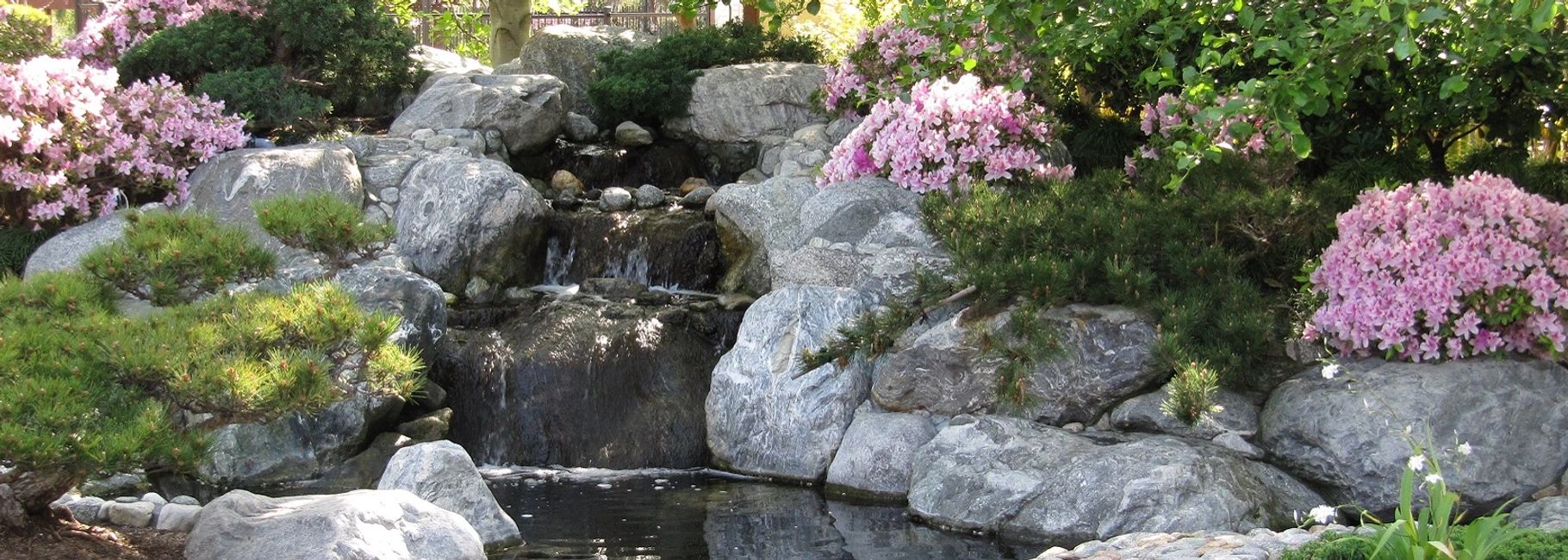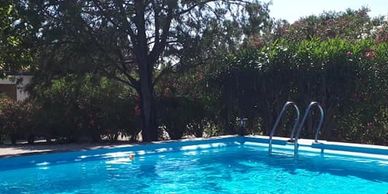Gratitude is the new attitude!
During this week of self-reflection you have a chance to examine the details of all the care and support you have received throughout your entire life. Many people are struck by how much they have taken for granted. And too often we miss what is being done for us because our attention is caught up in feelings of selfishness, resentment or self-pity.
What Happens During the Naikan Retreat?
Imagine you went away to a quiet and secluded retreat centre, a place where your needs are taken care of. You rise to birdsong and you sleep under starry skies. Zero phone calls, social media nor other digital distractions. There is no small talk, and due to honouring noble silence, there is little noise. There is nothing to do each day other than to observe your life's movie. You will learn a lot about your life? At the end of the week, when you return home, filled with an expanded knowledge of how you have lived, how will you live from this day forth?
What actually happens during a Naikan Retreat?
Participants (called naikansha) begin by reflecting on their mother. usually from the time of our birth through age six. Then they continue to reflect for three year periods (age 6-8, age 9-11 and so on). In this manner, their entire life can be examined in relation to their mother on a period by period basis. The naikansha then examine the relationship to their father, siblings, spouse, children, teachers friends and co-workers. During the retreat they will have an opportunity to reflect on those whom they may resent because of difficulty in the past. At the end of each period of reflection, usually 90-120 minutes, someone (the mensetsusha) meets with the participant to listen to his or her Naikan reflection. The role of the mensetsusha is to listen attentively and suggest the subject for the next period of reflection. Little dialog takes place since Naikan is self-reflection and what there is to be learned, is learned by searching and examining one’s own direct experience.
There is usually a daily work period (20 minutes), time for a shower, sport and three meals. Otherwise, the entire day, from 5:30am to 9:30pm is spent in quiet reflection. The naikansha are able to sit and mediate in their bedrooms and other designated areas.
Naikan participants are encouraged to spend about sixty percent of their time on the third question--what troubles and difficulties have I caused others? This question is most challenging because relatively little attention has been directed toward it previously. More attention has been focused on how others caused the naikansha difficulties. Now the naikansha must look at themselves through the eyes of another. Every two hours, or so, the Naikan guide (mensetsusha or shidosha) comes and gives the participants an opportunity to report out what they have remembered about this period of their life. This process continues steadily as the participant gradually examines the details of their life and conduct towards others.
Throughout you will receive healthy, vegan / vegetarian meals and get some exercise during the work period. You will spend your time contemplating your life in the presence of orange and fig trees, organic kitchen gardens, farm animals, sparrows, wagtails, finches and hoopoes within the rolling Alentejan hills of Portugal.










